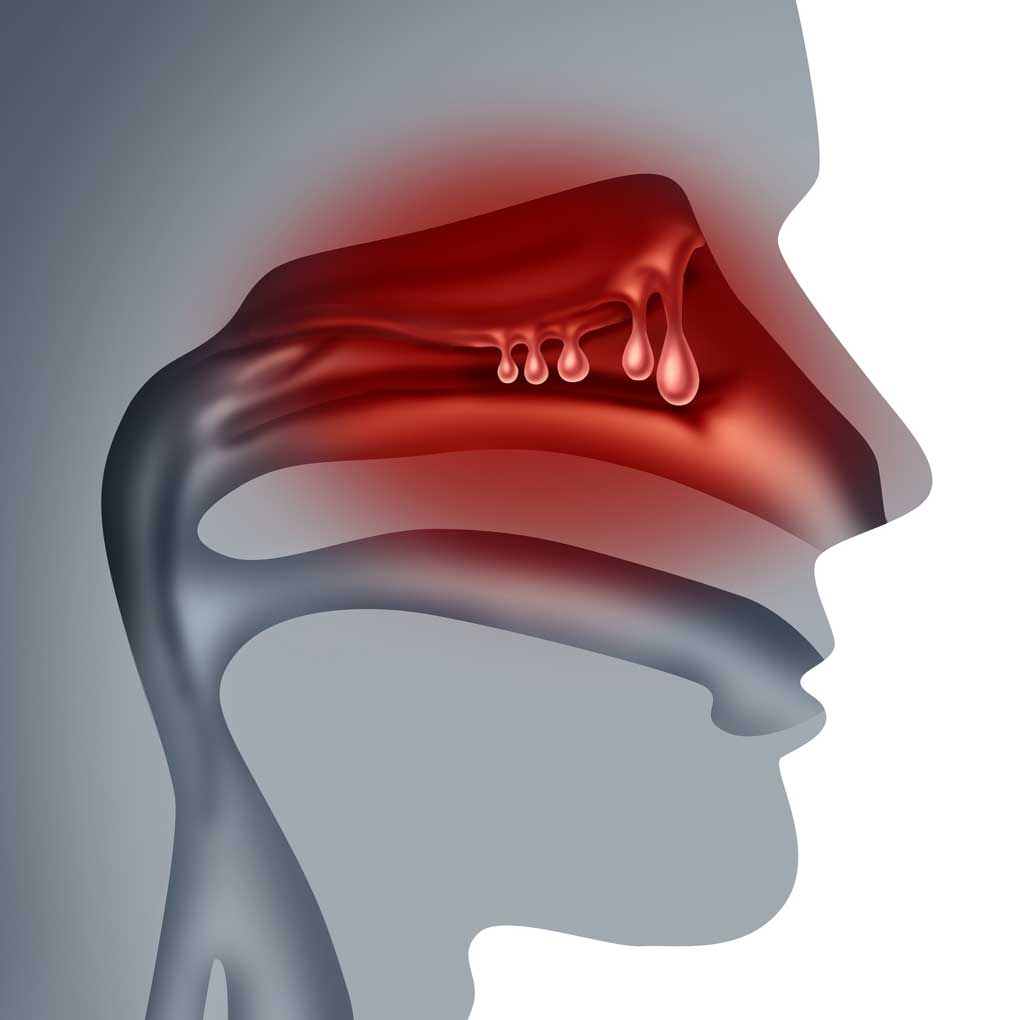Home » Nasal Polyp

Nasal polyps may cause irritation and swelling in the nasal passages and sinuses and last more than 12 weeks, a condition called chronic sinusitis.
Symptoms of nasal polyps and chronic sinusitis include:
Left untreated, nasal polyps may cause obstructive sleep apnea, asthma flare-ups and sinus infections.
The exact cause of nasal polyps is currently unknown. Some evidence suggests that nasal polyps may develop in those who have different immune system responses and different chemical markers in their mucous membranes than those who don’t develop polyps. Though nasal polyps may form at any age, young adults and middle-aged adults are more likely to develop them.


Individuals may be at greater risk of developing nasal polyps if they have the following underlying conditions:
Individuals with a family history of nasal polyps may also be at increased risk.
Individuals can reduce their risk of developing nasal polyps by taking the following steps: